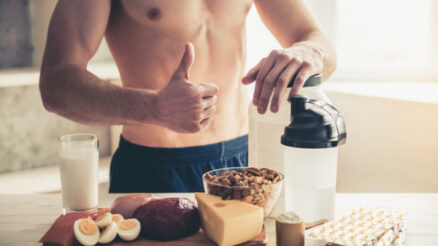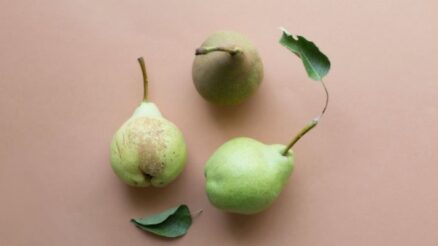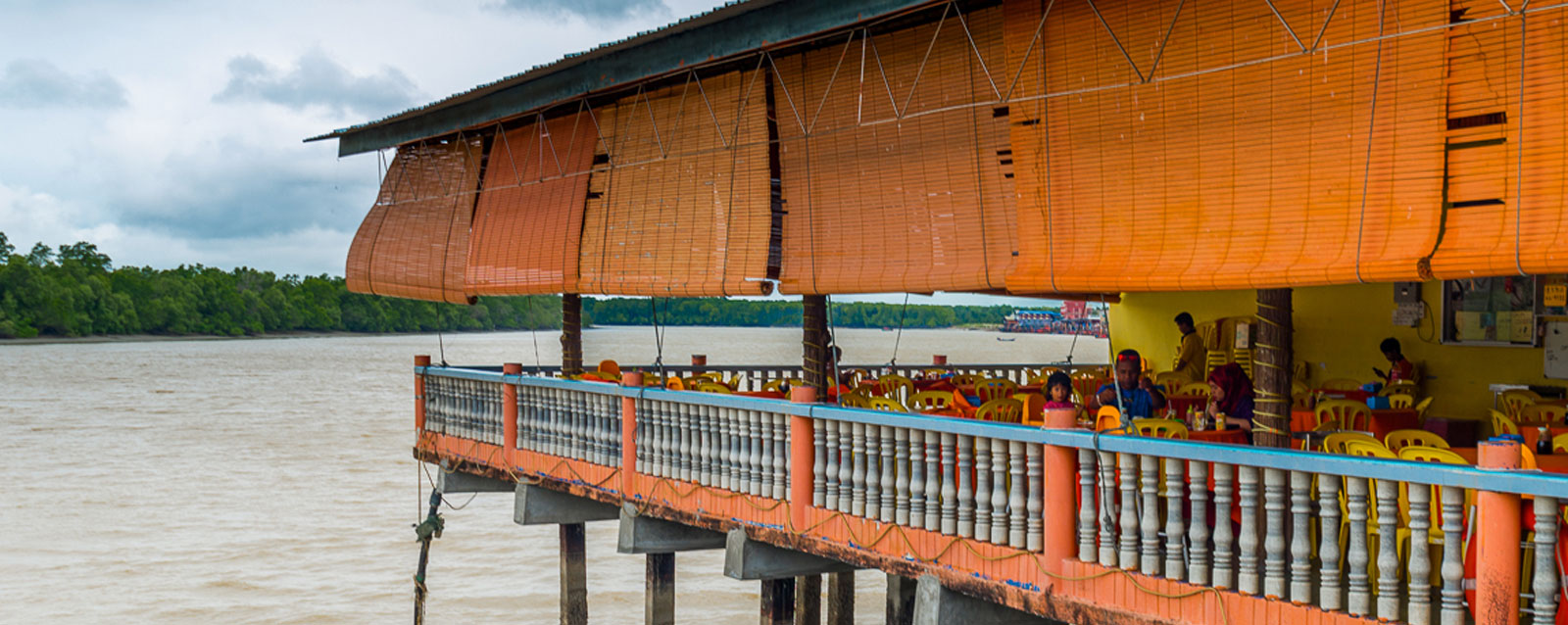Introduction about the best foods for the Bearded Dragons
Bearded dragons are omnivores. They can eat a range of fruits, insects, and vegetables. The amount of edible options makes them a fun reptile to feed. Bearded dragons need a varied diet. The best foods for the Bearded Dragons are discussed in this article.
What do Bearded Dragons eat?
Bearded Dragons can eat a wide range of
- Live insects such as crickets, mealworms, and king worms
- Vegetables such as sweet potato and pepper
- Leafy greens such as kale and parsley
- Fruits
Wild Bearded Dragons make up about 75% of their diet by eating animals. These also include crickets, cockroaches, worms, and even mice. The other 20% to 25% of their food includes greens, vegetables, and fruits.

The best foods for the Bearded Dragons
Meat, vegetables, fruit, and greens should be included in Bearded Dragon’s diet. As the Bearded Dragon gets older, the amount of meat should get less. To much amount of eating at this age will lead to obesity and will not be suitable for the Dragon. The best foods for the Bearded Dragons are as follow:
Staple Greens
Greens can be a portion of food for the bearded Dragon. The following greens list gives you the idea what greens Bearded Dragon can eat:
- Collard Greens
- Dandelion Greens
- Endive
- Escarole
- Mustard Greens
- Turnip Greens
- Watercress
- Kale
- Parsley
- Clover
- Dandelion greens
- Rocket
- Coriander
Staple Vegetables
Vegetables can be a portion of food for the bearded Dragon. The following vegetable list gives you the idea what vegetables bearded DragonDragon can eat:
- Peas
- Courgetti
- Bell pepper
- Broccoli
- Acorn Squash
- Butternut Squash
- Green Beans
- Okra
- Parsnips
- Snap Peas
- Sweet Potato
- Yellow Squash
Occasional Greens
- Bok Choy
- Carrot Tops
- Celery Leaves
- Cilantro
- Cucumber (peeled)
- Kale
- Kohlrabi Leaves
- Parsley
- Swiss Chard
Occasional Vegetables
- Asparagus
- Beets
- Bell Peppers
- Broccoli
- Carrots
- Cauliflower
- Celery Stalks
- Green Peas
- Pumpkin
- Zucchini
Greens and Vegetables to Rarely Feed
- Beet Greens
- Spinach
- Tomatoes
Meat
Bearded Dragons can eat meat. The meat can be in the form of insects. The following live food gives you the idea of what meat Bearded DragonDragon can eat:
- Crickets
- Mealworms
- King worms
- Waxworms
- Earthworms
- Cockroaches
- Locusts
Fruits
A wide range of fruits can be a portion of food for the bearded DragonDragon. The following fruit list gives you the idea what fruits Bearded Dragon can eat:
- Figs
- Melon
- Apples
- Mango
- Papaya
- Dates
- Peaches
- Apricots
- Plums
- Kiwi
It is recommended by Exotic vet John Chitty to have caution while feeding soft fruit as it can cause teeth problems. Soft fruits are sugary and can ferment. As part of a fixed diet that includes fibrous veg soft fruit like kiwi should feed about once a month.
Favorite Insects
- Black soldier fly larvae
- Butterworts
- Cockroaches
- Crickets
- Dubai roaches
- Earthworms
- Locusts
- Redworms
- Super worms
Insects To Avoid
- Firefly’s
- Elder bugs
- Venomous insects, such as bees, wasps and scorpions
- Any insects that glow
- Found outside
- Insects sold as bait for fishing
- Found inside your home
There are some items that bearded dragons can eat occasionally. These items include
- Spinach
- Turnip greens
- Pumpkins
- Okra
- Cucumbers (peeled)
- Apples
- Zucchini
- Berries like strawberries, blueberries, blackberries, and raspberries.
- Mangos
- Melons
- Papayas
- Watermelon
- Bok Choy
Some fruit and veg are needed to prepare by peeling off or cutting down into bite-sized pieces.
What can’t Bearded Dragons eat?
Few food items that Bearded Dragons can’t eat are described below.
You should be careful about feeding the Bearded Dragons because Dragons will consume things even if they are harmful.
Seek advice from a vet if your pet does get sick. The insurance will cover many problems that can affect Bearded Dragons.
Iceberg lettuce
Your Bearded Dragon should not eat Iceberg lettuce. Iceberg lettuce has little nutritional value and is mostly water.
Spinach and beet tops
Spinach and beet tops can cause calcium deficiency because both contain chemicals. Calcium deficiency can lead to metabolic bone disease. Some guides recommend that a small quantity of these two are not bad for your bearded Dragon. It shouldn’t harm a Bearded Dragon if you gave it as an occasional taste. But it is best to choose different greens as there are many other options available.
Insects captured in the wild
Insects caught in the wild can harm reptiles as they may have parasites in them. For your Bearded Dragon, exotic pet shops should have a range of dead and live insects.
Fireflies
Fireflies should never be fed to the bearded dragons or any other reptile. These can be toxic and can kill reptiles.
Avocados
Avocados can be toxic for bearded dragons as it has chemicals. Its small amount is enough to make your bearded Dragon ill. A large portion of it can be fatal for your bearded DragonDragon.
Rhubarb
Rhubarb can be deadly poisonous for Bearded Dragons because of the high levels of oxalic acid in it.
Some other items that shouldn’t be prohibited to feed to the bearded DragonDragon are as follow:
- Fish or seafood such as prawns
Some wild plants that are poisonous for Bearded Dragons are as follow:
- Bracken fern
- Buttercup
- Crocus
- Daffodil
- Holly
- Horse chestnut
- Ivy
- Oak
You should not give any food to your bearded DragonDragon if you are not 100 percent sure about the food safety.
What do baby Bearded Dragons eat?
It depends on the age of the dragon that how much should be fed, but bearded dragons should be given food at least once a day.
Baby Bearded Dragons need to be fed more often than older Bearded dragons. You can feed baby bearded dragons up to three times a day. They will need to eat more insects than vegetables.
The baby dragons will munch on vegetables and greens left in their cages. After then over three 10 – 15 minute feeding periods, you can add insects. As the Bearded Dragons start getting older, you should feed them fewer insects; otherwise, they will get fat.
Juvenile and adult Bearded Dragon diets
Some owners recommend it recommend that Juvenile Bearded Dragons can eat
- 50% of insects
- 50% of plants, vegetables, and fruit.
Around 25% to 30% of animals matter should be fed to the adult Bearded Dragons. Adult bearded dragons should eat less and should be fed insects once a day. The rest of the day, his food should be vegetation. More insects and animal matter can make the adult bearded dragon obese.
In the wild, Bearded Dragons get a lot of exercises while domesticated Bearded dragons don’t get as much exercise. That’s why they should feed less.
Important Vitamins And Minerals For Your Bearded Dragon
It is vital for the bearded dragon’s health that they should get the right amount of supplements. You should give them the right amount of vitamins and minerals.
Vitamin A And Bearded Dragons
Most adult bearded dragons receive vitamin A from vegetables. The younger bearded dragons get enough vitamin A from the yolk within their egg.
You can add vitamin A supplement to your dragon’s food. These supplements are available in the market.
Bearded Dragons, Calcium And Vitamin D3
Without vitamin D3, calcium does not absorb by the bearded dragons; that’s why most supplements contain both. For development and growth, calcium and vitamin D3 are very important.
Iron For Your Bearded Dragon
As iron helps in development, so it is essential for the bearded baby dragon. Bearded dragon gets their iron through vegetables. It is necessary to provide supplements to the younger bearded dragons as they don’t eat their greens.
Phosphorous For Bearded Dragons
Phosphorous is necessary as it helps in bone development. The diet of bearded dragons that contains fruits and vegetables are naturally rich in phosphorous. Most bearded dragons can receive plenty of phosphorus from their food.
Conclusion
The best food that the bearded dragon can eat is listed above. The baby bearded dragons eat less than adult ones. You should be 100 percent sure about what you are giving to the bearded dragon; otherwise, it could be harmful to them.





